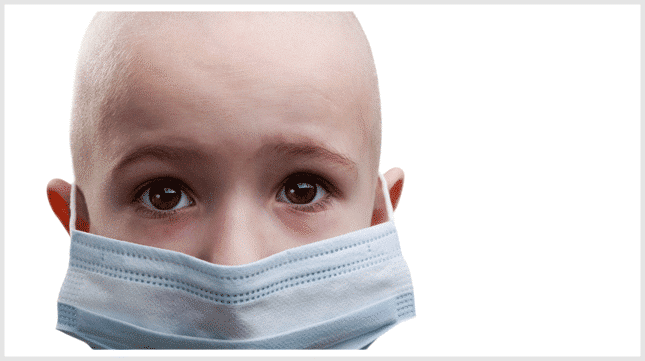
THERE ARE MANY PHYSICAL TRAUMAS THAT CAN CAUSE SUDDEN HAIR LOSS, WHICH IS A REVERSIBLE, NORMAL CONDITION CALLED TELOGEN EFFLUVIUM.
How can chemotherapy or a car accident cause hair loss? The drugs and the accident have nothing to do with hair follicles and are not meant to target hair follicles, but yet they can cause hair loss. While sudden and noticeable hair loss and thinning usually happen around three months after physical trauma to your body, hair regrowth generally occurs around six months later.
Physical reasons hair falls out suddenly and what you can do about it
Anything that shocks the body and disrupts its normal physical schedule and patterns of sleeping, eating and hormone regulation can disrupt hair’s normal growth cycles, too. Hair follicles get stuck in the telogen, or resting, phase and get pushed out in the exogen (shedding) phase. Because the follicles do not reenter the growth or anagen, phase, hair loss is sudden and noticeable.
Some physical causes of telogen effluvium include:
- Chemotherapy. While hair loss associated with chemo is normal and expected, although frightening and sometimes painful, it largely depends on your chemo “cocktail.” Generally, chemo-related hair loss happens by around the third week of treatment, and the hair often falls out in chunks because the drugs shock your body. Get a trim every few weeks to gradually cut your hair to the shortest length possible in order to get used to the shape of your head so the final hair loss won’t be so shocking. Be aware that your scalp is extremely sensitive and that hair fall-out can be painful. Visit a skilled, experienced, professional hairstylist for the final shave once hair gets fuzzy, to guard against shaving too short, which can be very uncomfortable when you lay your head down. Hair will naturally regrow (although maybe not as you expect at first) around 12 months after chemo.
- Medications. Some medications are known to have the side effect of hair loss; these include beta-blockers (blood pressure medications), certain oral birth control pills, isotretinoin (for treatment of acne), antidepressants (serotonin reuptake inhibitors, or SRIs) and some cholesterol-lowering drugs. Hair loss will not occur in everyone, but if you experience it, work with your doctor to evaluate different medications and dosages to improve or stop the hair loss.
- Childbirth. Hair loss can be triggered by anything that involves a change in your body’s hormone (estrogen) balance, such as childbirth, discontinuation of hormonal birth control methods, or even a miscarriage, a stillbirth or an abortion. During pregnancy the estrogen level in your body increases, stimulating hair follicles to stay in the active growing phase, which is why pregnancy gives you that added benefit of healthy-looking, thicker hair. Once estrogen levels decrease and return to normal after childbirth, hair follicles get shocked back into the normal cycle and can get stuck in the telogen, or resting, phase. Normal hair growth will resume about six months later as hormone levels readjust.
- Eating disorders. Lack of proper nutrients, organ function insufficiency and gastric abnormalities are literally starving the hair follicles and shocking them into the resting phase, resulting in hair fall-out. The only way to improve hair regrowth is to give hair the nutrients it needs to produce hair and the calories it requires to resume the activity of growing hair.
- Severe injury or incident. Any life-changing physical event such as a car accident, surgery or crime can shock your body as it focuses on essential healing mechanisms and takes resources away from nonessential body functions such as hair growth. Only time will correct the body’s imbalances.
Treatments that stimulate hair regrowth
If you have experienced telogen effluvium, you can jump-start hair growth by using FDA-approved topical treatments such as twice-daily minoxidil (brand name Rogaine), which is available over the counter, or laser hair therapy, as directed by your doctor, dermatologist or hair loss specialist. But even if you do nothing about it, telogen effluvium will usually correct itself around six months after the initial hair loss as the body regains health and life gets back to normal.